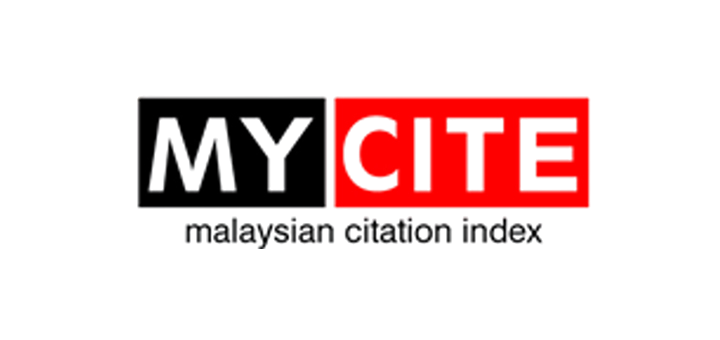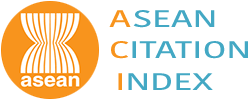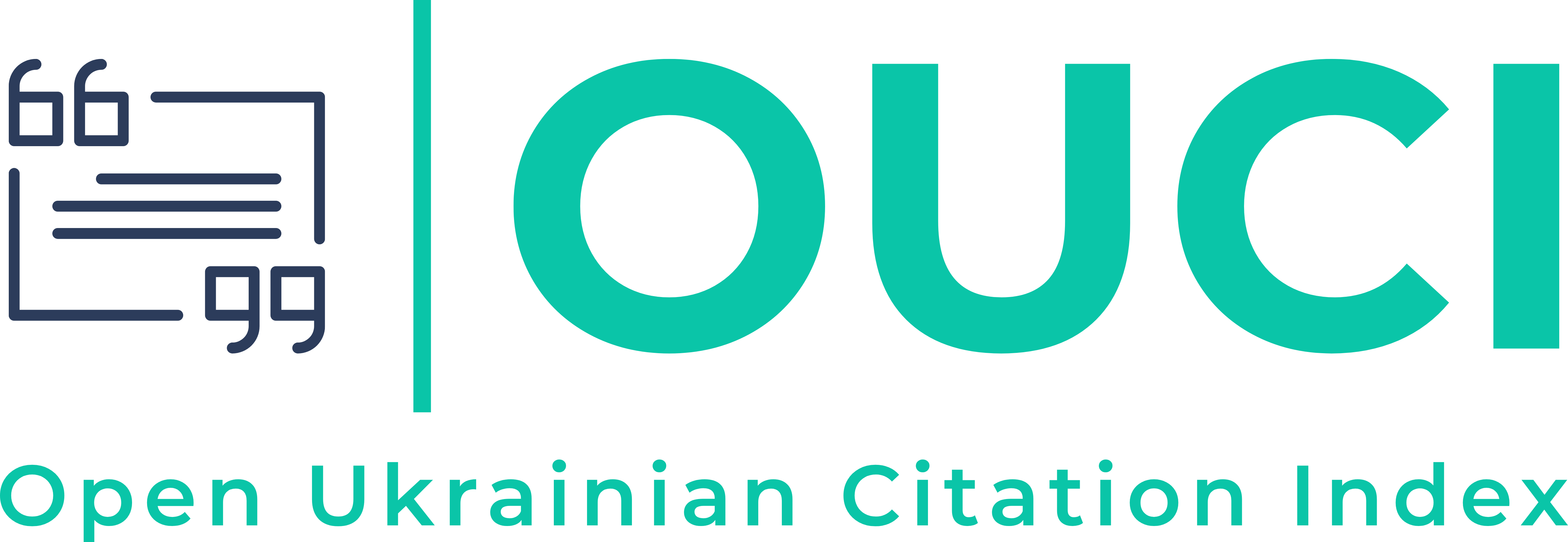Assessing Forced Labor and Standards in Malaysian Palm Oil Industry
Abstract
The Malaysian palm oil industry has been subject to criticism for its unsustainable practices and the prevalence of forced labour. To address these concerns, Malaysia has implemented the National Action Plan on Forced Labour (NAPFL) in accordance with international standards. This study evaluates the implementation of NAPFL and international standards in the Malaysian palm oil industry through a literature review. The findings suggest that although progress has been made, there are still gaps in compliance within the industry. In particular, the issue of labour in smallholder palm oil plantations requires a community-based management approach, whereby smallholders can work together to enhance efficiency, productivity, and resource utilization while addressing common challenges. This approach may be supported by training and education, infrastructure development, financial and credit support, technology adoption, and cooperative farming. To comply with the Roundtable on Sustainable Palm Oil (RSPO) labour requirements and attract workers, this study recommends offering competitive wages, providing decent working conditions, implementing fair labour policies, investing in worker training, engaging with the local community, promoting sustainability, and collaborating with local employment agencies. These measures can help address the challenges of recruitment and retention of labour in the industry. The study underscores the significance of addressing these gaps in order to promote sustainable practices and prevent forced labour in the Malaysian palm oil industry.
Downloads
References
Government of Malaysia. (2021). Malaysia National Action Plan on Forced Labour (NAPFL). International Labour Organization. Retrieved from https://www.ilo.org/wcmsp5/groups/public/---asia/---ro-bangkok/documents/publication/wcms_788742.pdf
Graf, A. (2013). Tackling human trafficking: The Malaysian experience. Malaysian Journal of Human Rights, 7(1), 1-29.
International Labour Office. (2012). Combating forced labor: A handbook for employers and business. International Labour Office. Retrieved from https://www.ilo.org/global/topics/forced-labour/publications/WCMS_203832/lang--en/index.htm
International Labour Organization. (2016). Global estimates of modern slavery: Forced labour and forced marriage. International Labour Organization.
International Labour Organization. (2020). General principles and operational guidelines for fair recruitment. International Labour Organization. Retrieved from https://www.ilo.org/global/topics/fair-recruitment/WCMS_635473/lang--en/index.htm
International Trade Union Confederation (ITUC). (2010). 2010 Survey of violations of trade union rights: Malaysia. ITUC. Retrieved from https://www.ituc-csi.org/IMG/pdf/malaysia_en.pdf
National Action Plan for Forced Labour. (2021). Malaysia National Action Plan on Forced Labour (NAPFL). International Labour Organization. Retrieved from https://www.ilo.org/wcmsp5/groups/public/---asia/---ro-bangkok/documents/publication/wcms_788742.pdf
Sime Darby. (2016). Sustainability report 2016. Sime Darby. Retrieved from https://www.simedarby.com/Corporate%20Responsibility%20Library/SD-Sustainability-Report-2016.pdf
Wilmar. (2019). Human rights policy. Wilmar. Retrieved from https://www.wilmar-international.com/wp-content/uploads/2019/10/Wilmar-Human-Rights-Policy-English.pdf

















